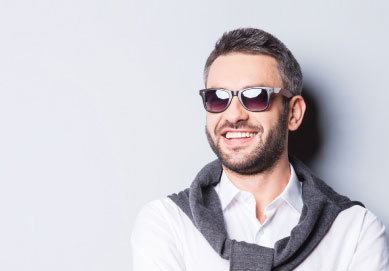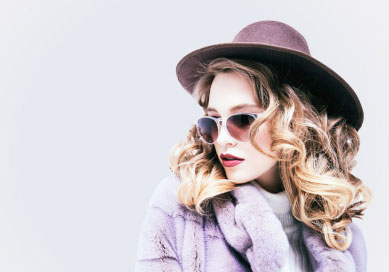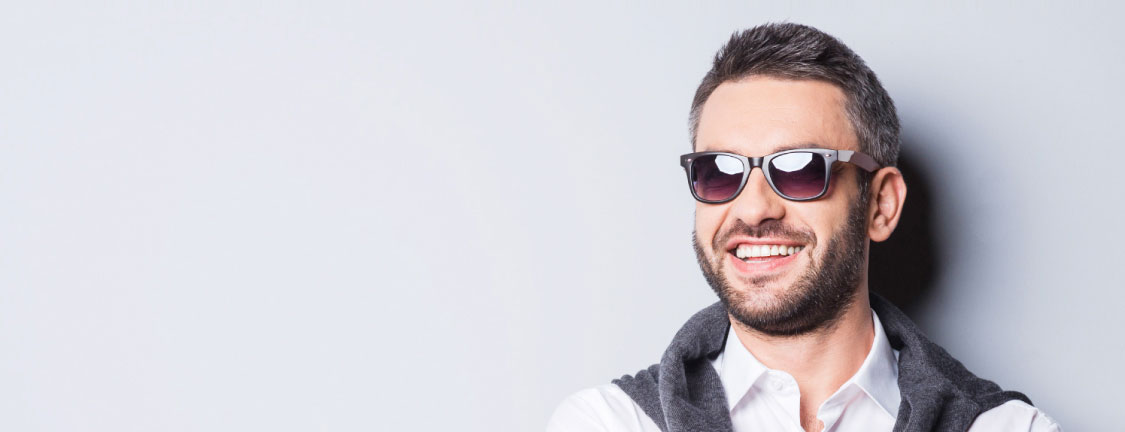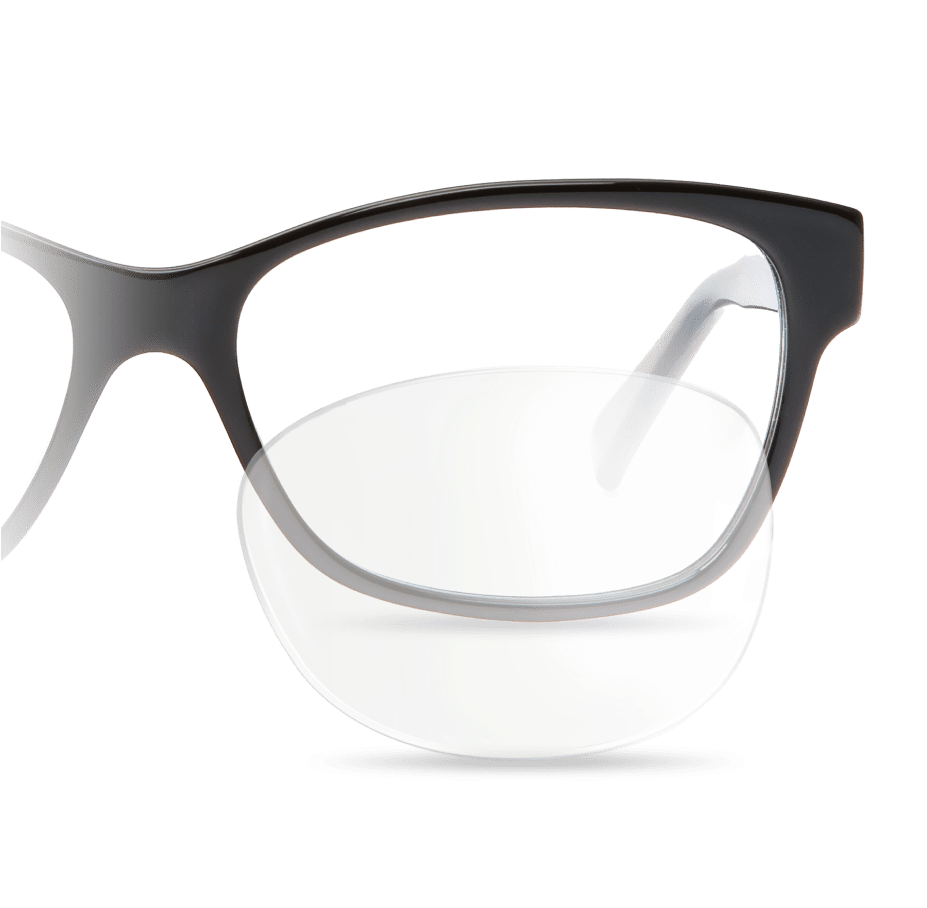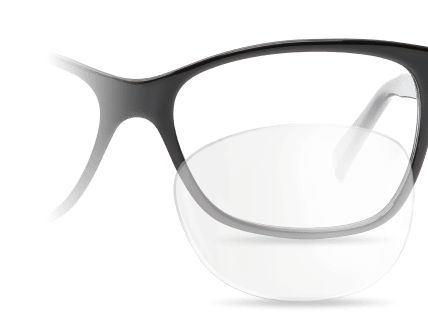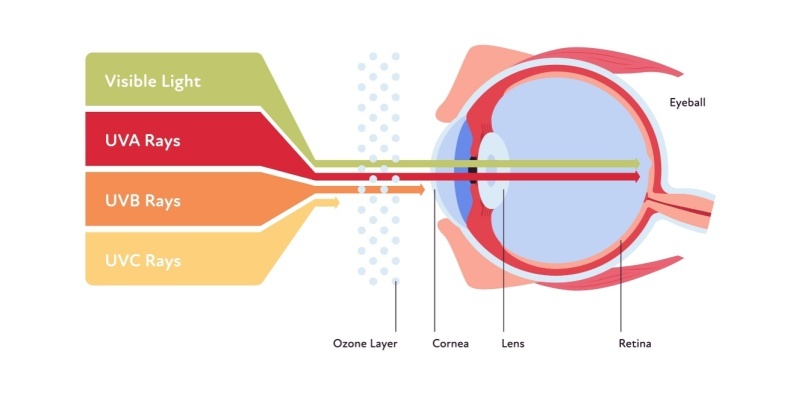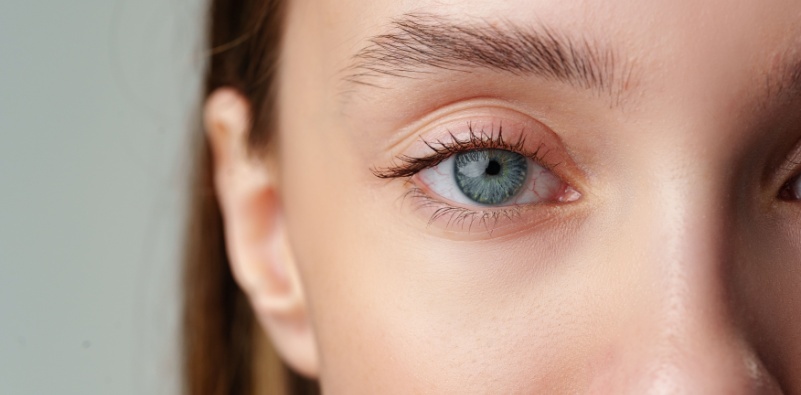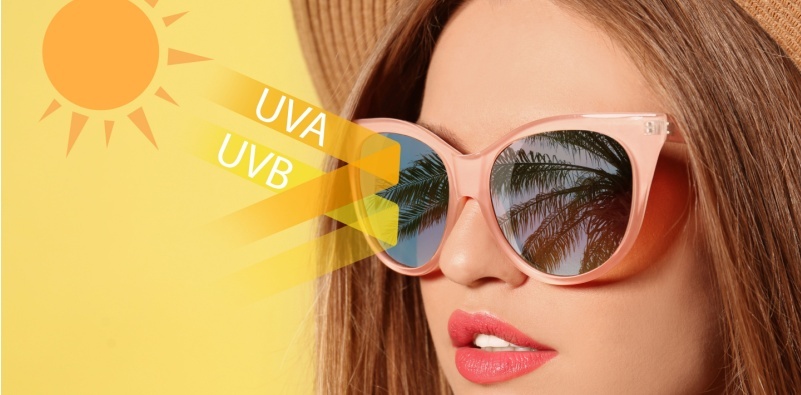How To Protect Your Eyes From The Sun With UV Protection Lenses for Eyewear

Did you know that your eyes can actually get sunburned? Just like your skin, your eyes are vulnerable to the sun’s ultraviolet rays, and the effects can add up over time. At Replacement Lens Express, we’ve helped thousands of customers discover how UV protection lenses can safeguard their vision while letting them enjoy all their favorite outdoor activities. Whether you’re a weekend warrior hitting the trails, a parent watching little league games, or someone who simply loves spending time in the sunshine, protecting your eyes doesn’t have to mean compromising on style or clarity.
Why UV Protection for the Eyes Matters
Let’s start with the basics – what exactly are UV rays? Ultraviolet radiation from the sun comes in two main types that affect your eyes: UVA and UVB rays. UVA rays have longer wavelengths and can penetrate deeper into your eye, reaching the retina at the back of your eye. UVB rays, while shorter, pack more energy and primarily affect the front surface of your eyes.
Think of UV rays like invisible sunlight that your eyes can’t detect, but your delicate eye tissues definitely feel their impact. Both types can cause immediate discomfort and contribute to long-term vision changes, which is why we always recommend comprehensive protection for the eyes regardless of the season or weather conditions.
How Does UV Affect Eye Health?
When you’re exposed to UV rays without proper eye protection, several things can happen. In the short term, you might experience photokeratitis – essentially a sunburn of your cornea that causes pain, redness, and temporary vision problems. We’ve had customers describe it as feeling like sand in their eyes, and it’s definitely not pleasant.
Over time, the UV radiation effects on eyes can be more significant. Research shows that cumulative UV exposure may contribute to cataracts, which affect more than 24 million Americans over age 40. UV exposure has also been linked to macular degeneration, a leading cause of vision loss in older adults, and can contribute to growths on the eye like pterygium.
Here’s the encouraging news: these effects are largely preventable with the right eye protection. Simple steps today can help preserve your vision for decades to come, and that’s where quality UV protective eyewear makes all the difference.
How UV Protection Lenses Work
UV protection lenses work by incorporating special materials or coatings that absorb or block UV rays before they reach your eyes. The technology is actually quite sophisticated – these lenses can block 99% to 100% of both UVA and UVB radiation while still allowing visible light to pass through clearly.
What’s really great is that UV protection can be built into clear prescription lenses, not just sunglasses. Many of our polycarbonate, Trivex, and high-index lens materials naturally provide excellent UV protection. For sunglasses and photochromic lenses, UV protection is always included as a standard feature because it’s such an essential part of comprehensive eye care.
Who Needs UV Protection Lenses?
Honestly? Everyone can benefit from UV light protection glasses, but some people especially need them. Children are at the top of our list because their natural eye lenses are clearer, allowing more UV radiation to reach their retinas. If you have kids, protecting their eyes early sets them up for better eye health throughout their lives.
We also strongly recommend UV protection for outdoor workers, people living in sunny climates like Florida, Arizona, or California, and frequent drivers who spend hours behind the wheel. Even if you only spend weekends outdoors for hobbies like gardening, hiking, or sports, your eyes will thank you for the protection.
Don’t forget – UV rays can penetrate clouds on overcast but bright days, so this isn’t just a summer concern. Year-round protection makes sense no matter where you live.
How to Choose the Right UV Protective Glasses or Sunglasses
At Replacement Lens Express, all our sunglasses – whether you choose solid tints, gradient options, mirror finishes, or polarized lenses – come with 100% UV protection as standard. You’re never compromising on safety when you shop with us.
For clear lenses, many of our options include built-in UV protection. Our thin and light polycarbonate lenses, impact-resistant Trivex lenses, and ultra-thin high-index materials all provide excellent UV blocking. The right choice depends on your lifestyle, style preferences, and prescription needs.
Even if you don’t need prescription eyewear, you can still benefit from UV light protection sunglasses with plano (non-prescription) lenses.
UV Protection Glasses vs Blue Light Glasses: What’s the Difference?
This is one of our most frequently asked questions! UV protection blocks radiation from the sun, while blue light filtering addresses excess blue light from digital screens. Natural blue light from the sun is actually beneficial – it helps regulate your sleep cycle and keeps you alert during the day.
The concern with blue light comes from prolonged screen exposure, which may contribute to digital eye strain and potentially disrupt your sleep patterns. When considering UV protection glasses vs blue light options, think about your daily routine. If you work on screens all day but also enjoy outdoor activities, you might want both types of protection.
Additional Eye Protection Tips
While UV light protective glasses are your primary defense, you can boost your protection with these simple habits:
- Wear a hat for extra coverage, especially during peak sun hours
- Seek shade frequently, particularly between 10 AM and 4 PM when UV rays are strongest
- Apply broad-spectrum sunscreen with adequate SPF around your eyes – the skin here is delicate and often forgotten
- Stay hydrated to keep your eyes comfortable during long outdoor sessions
Frequently Asked Questions (FAQs)
Can UV rays affect your eyes even when it’s cloudy?
Absolutely! Up to 80% of UV rays can penetrate clouds, so protection is important even on overcast days.
Are all sunglasses UV protective?
Not necessarily. Always look for labels indicating 100% UV protection or UV400. All our sunglasses at Replacement Lens Express include this protection as standard.
Do blue light glasses offer UV protection too?
Blue light glasses with UV protection can provide both benefits, but basic blue light filtering alone doesn’t block UV rays. You need specific UV-blocking materials or coatings.
What’s the difference between a polarized filter and UV protection?
Polarization reduces glare from reflective surfaces, while UV protection blocks harmful radiation. All our polarized lenses include built-in UV protection for complete coverage.
Protect your family’s eyes today
Protecting your eyes from UV doesn’t require major lifestyle changes – just smart choices about your eyewear. A small investment in quality UV protection lenses today can help preserve your vision for years to come, letting you continue enjoying all your favorite outdoor activities with confidence.
Ready to upgrade your eyewear with UV protection? Visit our lens ordering page to explore all your options and give your eyes the protection they deserve. Your future self will thank you for taking this simple but important step toward lifelong eye health.





